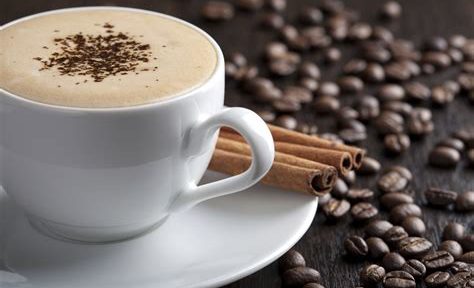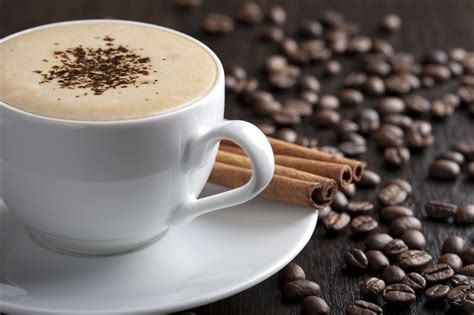Arabica Versus Robusta the Conversation Continues

Arabica Versus Robusta the Conversation Continues…Arabica vs. Robusta...need a quick hit of caffeine? Then make your next cup of coffee Robusta. It has twice as much caffeine as Arabica! Arabica beans are the Champagne of coffee, and are in danger today because of global warming.(Arabica vs. Robusta the conversation continues by Kenneth Davids / posted in coffeereview.com)
Arabica vs. Robusta the conversation continues
They do best in sub-tropical conditions and need more altitude than their hardier cousins in Robusta Land. Arabica bushes are quite sensitive to climate and pests and give off a much more delicate aroma than Robusta beans. Supermarket coffees go heavy on Robusta, while Arabica is the stuff of gourmet blends. Arabica is sweet and fruity, Robusta is…well, robusta! Here is an article that contains interesting information about the Arabica versus Robusta issue.
. I’m here in El Salvador for “Let’s Talk Coffee,” a yearly meeting of mostly small-holding coffee producers, roasters, importer and exporters, and development agencies. It’s sponsored by Sustainable Harvest, a long-time pioneering American importer of cooperative and small-producer coffees.
Arabica threatened by global warming
I came here in part to deliver a presentation on Robusta coffees. It was part of a string of presentations and cuppings focused on exploring Robusta in a specialty coffee context. Conversations on Robusta are increasingly urgent in specialty coffee events for several reasons, all of them at bottom pushed by anxiety about the impact of global warming on Arabica production, particularly production of lower elevation Arabicas. Arabica is a very fussy plant in respect to temperatures, and as global temperatures rise more and more regions of Arabica production are being stressed by changes in rainfall patterns, higher temperatures, and intensified pest infestations like the latest leaf rust outbreak here in Central America. Robusta, of course, grows at a much wider range of elevations (though it cups best when grown at higher elevations) and is much hardier than Arabica.

